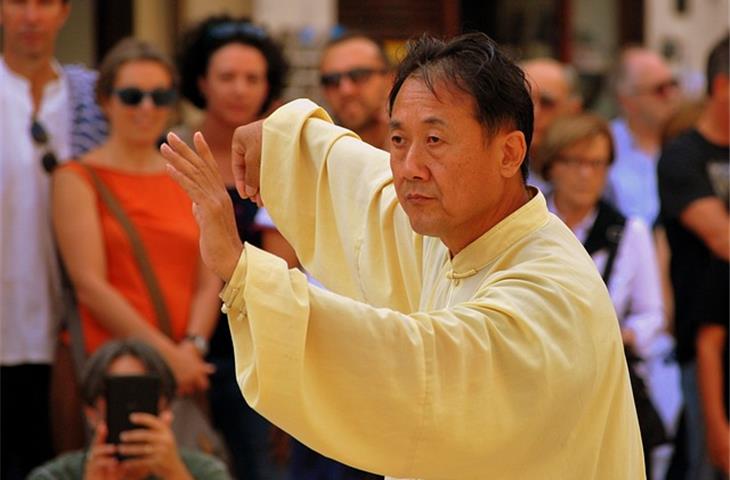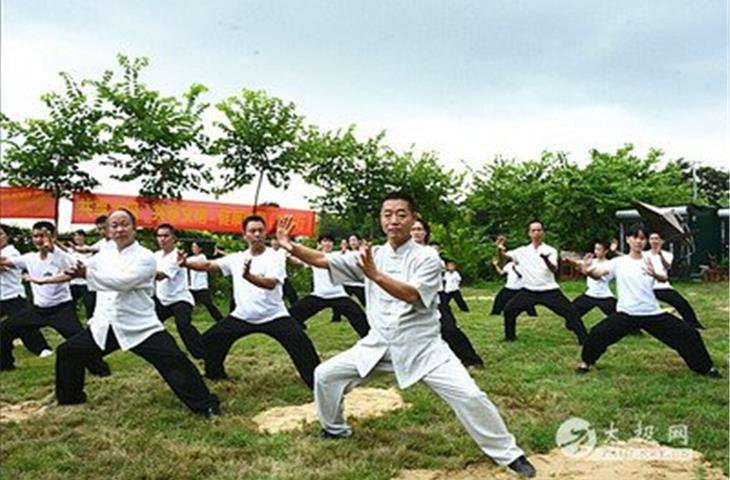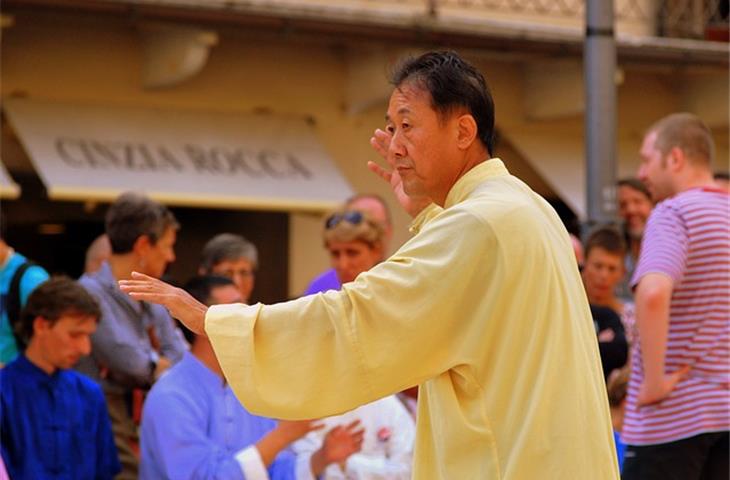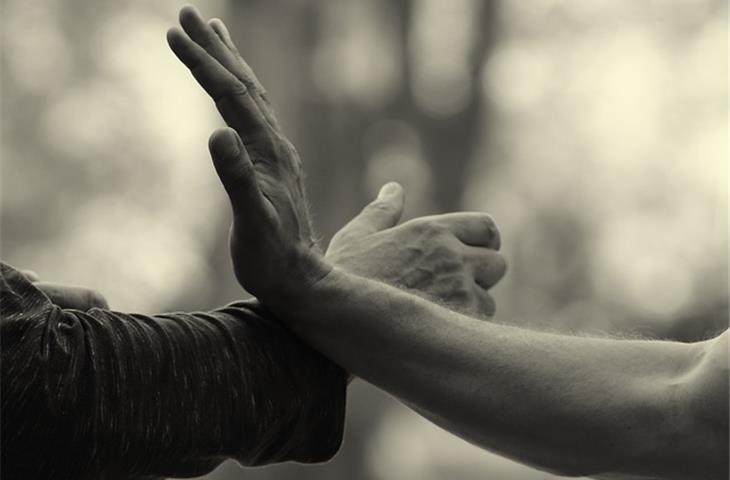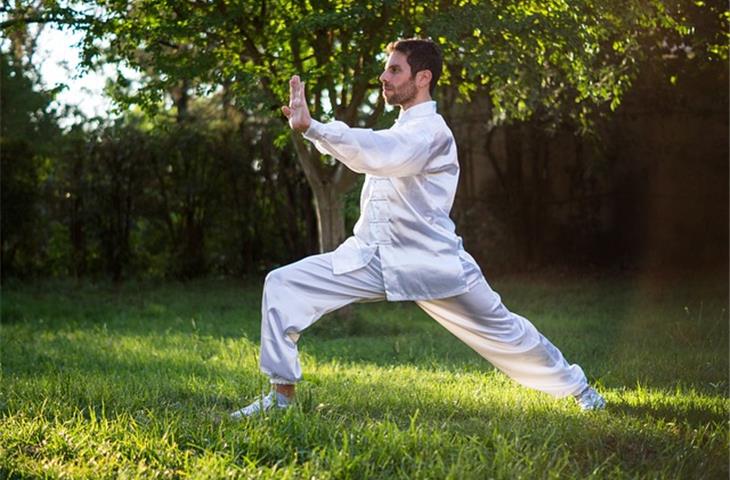“The reputation of tai chi sword practice conjures an image of tranquil sophistication and diligent concentration. This discipline unites classical Chinese martial arts with the contemplative facets of tai chi, executed with the flair and precision reminiscent of a sword ballet. Not merely a physical pursuit, it serves as a tool for fostering mindfulness and equilibrium. In this discourse, we shall delve into four fundamental prerequisites for proficient tai chi sword practice, encompassing mastery of physical techniques, comprehension of philosophical foundations, refining mental acuity, and integrating it into everyday existence.”
1. Mastery of Physical Techniques

The initial phase of tai chi sword practice entails mastering the physical techniques, comprising:

Acquiring the Sword Forms: Each tai chi sword form is a narrative sequence of movements, each symbolizing a segment of the tale. Practitioners ought to assimilate these forms with exactitude and smoothness.
Enhancing Flexibility and Strength: The sword form necessitates a specific degree of flexibility and robustness in the arms, shoulders, and back. Practitioners must concentrate on these attributes to execute the movements effortlessly.
Developing Balance and Coordination: The sword form demands a superior level of balance and coordination to execute the movements accurately and securely.
2. Comprehension of Philosophical Foundations
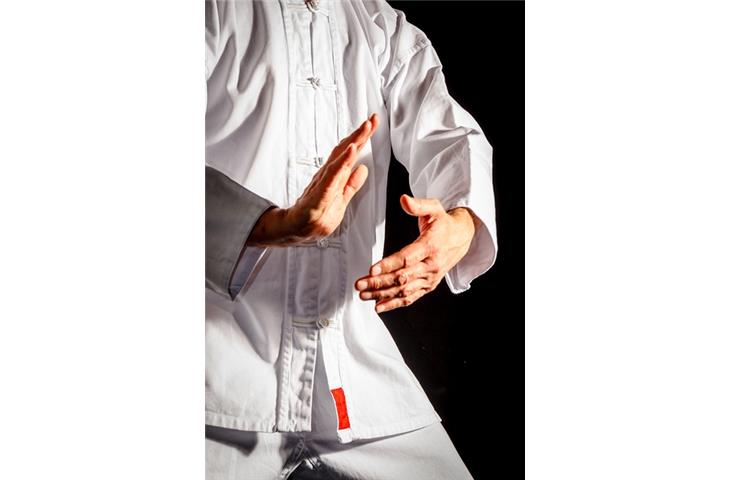
The philosophical essence of tai chi is integral to its practice, encompassing:
Embracing the Principle of Yin and Yang: The tai chi sword form encapsulates the principle of yin and yang, where softness and firmness, suppleness and potency, and relaxation and tension are harmoniously balanced.
Understanding the Concept of Qi: Qi denotes the vital energy coursing through the body. Practitioners endeavor to cultivate and redirect their qi to amplify their practice.
Applying Taoist Principles: The practice of tai chi hails from Taoist philosophy, championing harmony with nature, simplicity, and non-resistance.
3. Refining Mental Acuity
Mindfulness and Presence: Practitioners need to be wholly engrossed in the present moment, concentrating on each movement and their respiration.
Relaxation and Stress Mitigation: The practice of tai chi aids in reducing stress and promoting tranquility, which is pivotal for sustaining mental focus.
Breathing Techniques: Correct breathing techniques are paramount for preserving mental lucidity and focus during practice.
4. Integration of Tai Chi Sword Practice into Daily Life
For optimal benefits from tai chi sword practice, it’s crucial to integrate it into daily life, encompassing:
Regular Practice: Consistency is the cornerstone to mastering the tai chi sword form. Practitioners should strive to practice daily, albeit briefly.
Incorporating Tai Chi Principles into Everyday Activities: The principles of tai chi, such as balance, harmony, and mindfulness, can be harnessed in everyday tasks to augment overall wellbeing.
Seeking Guidance from a Mentor: An adept tai chi mentor can offer guidance, critique, and support to assist practitioners in enhancing their skills and deepening their comprehension of the practice.
By concentrating on these four critical aspects, practitioners can refine their tai chi sword practice and forge a profounder bond with the martial art. Mastering the physical techniques, comprehending the philosophical foundations, refining mental acuity, and integrating tai chi into daily life will culminate in a more gratifying and enriching practice.
